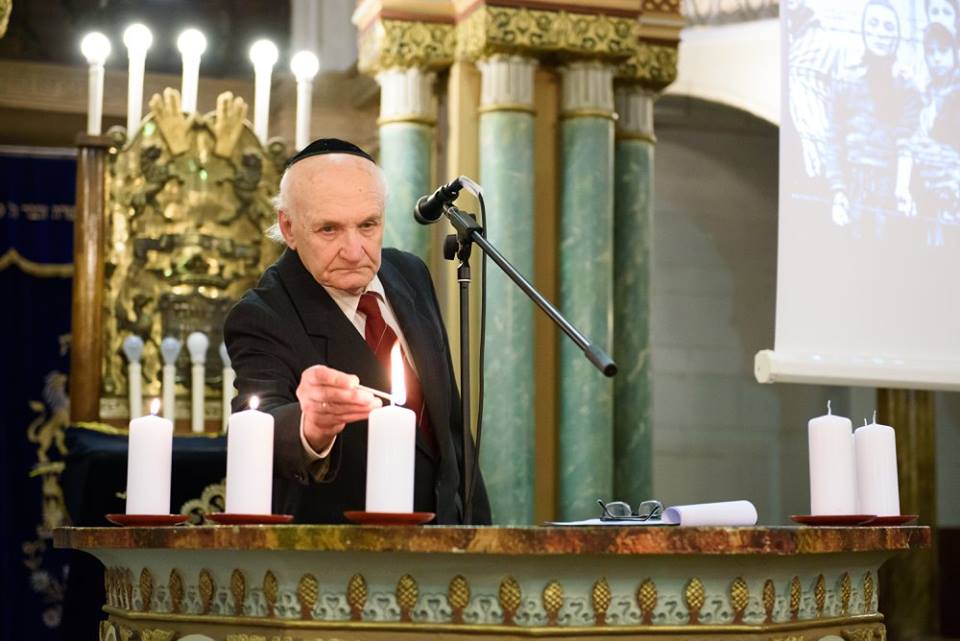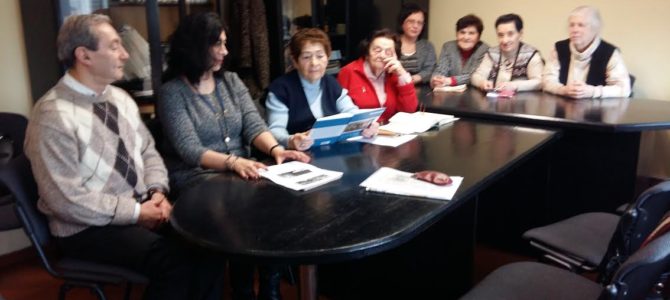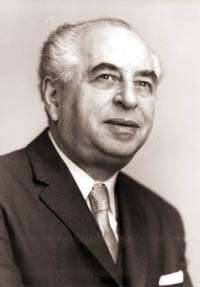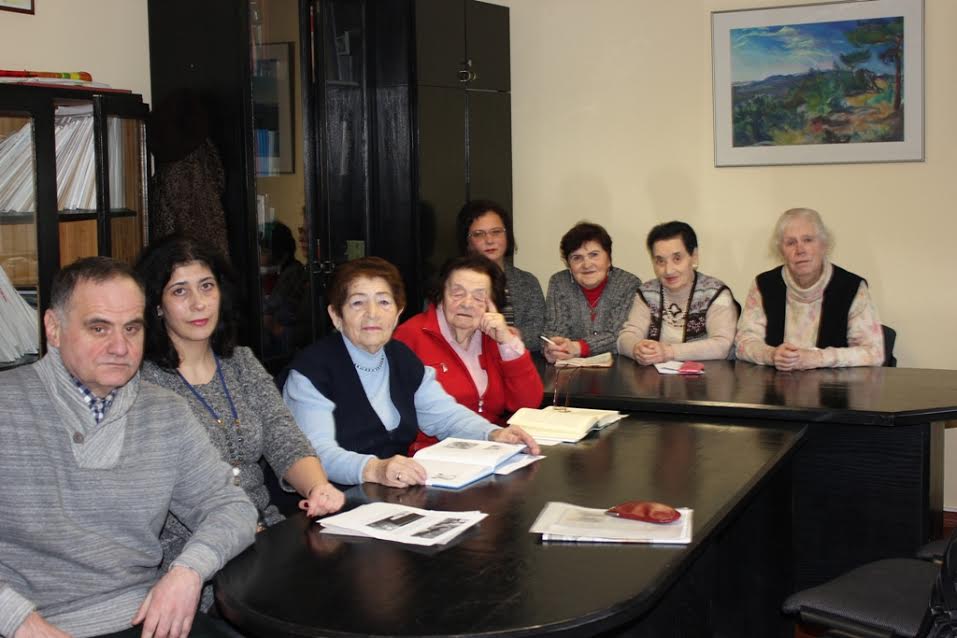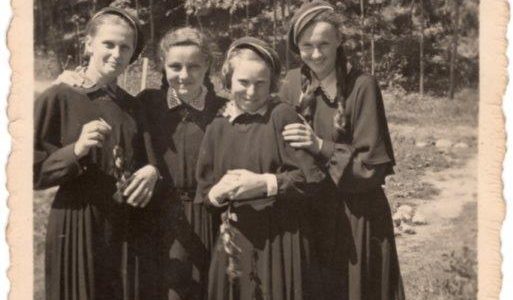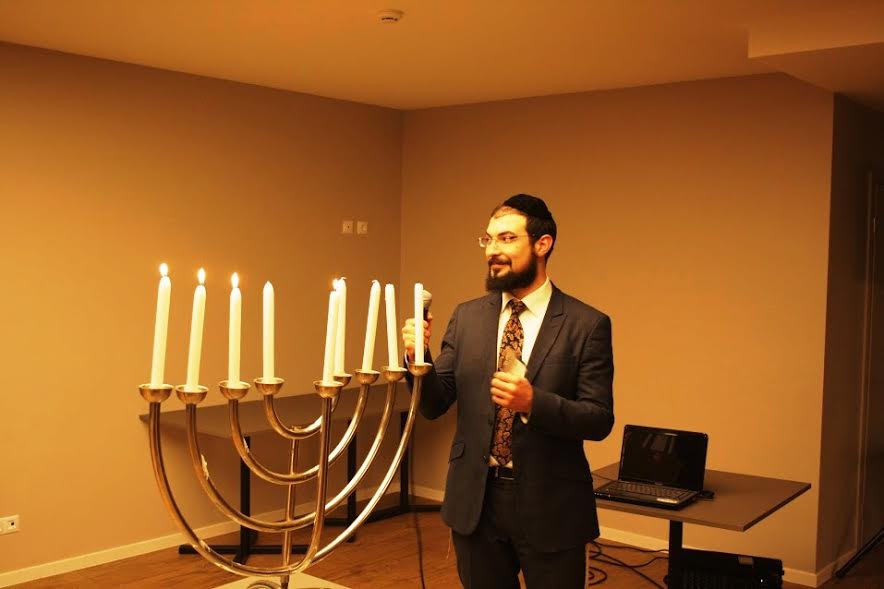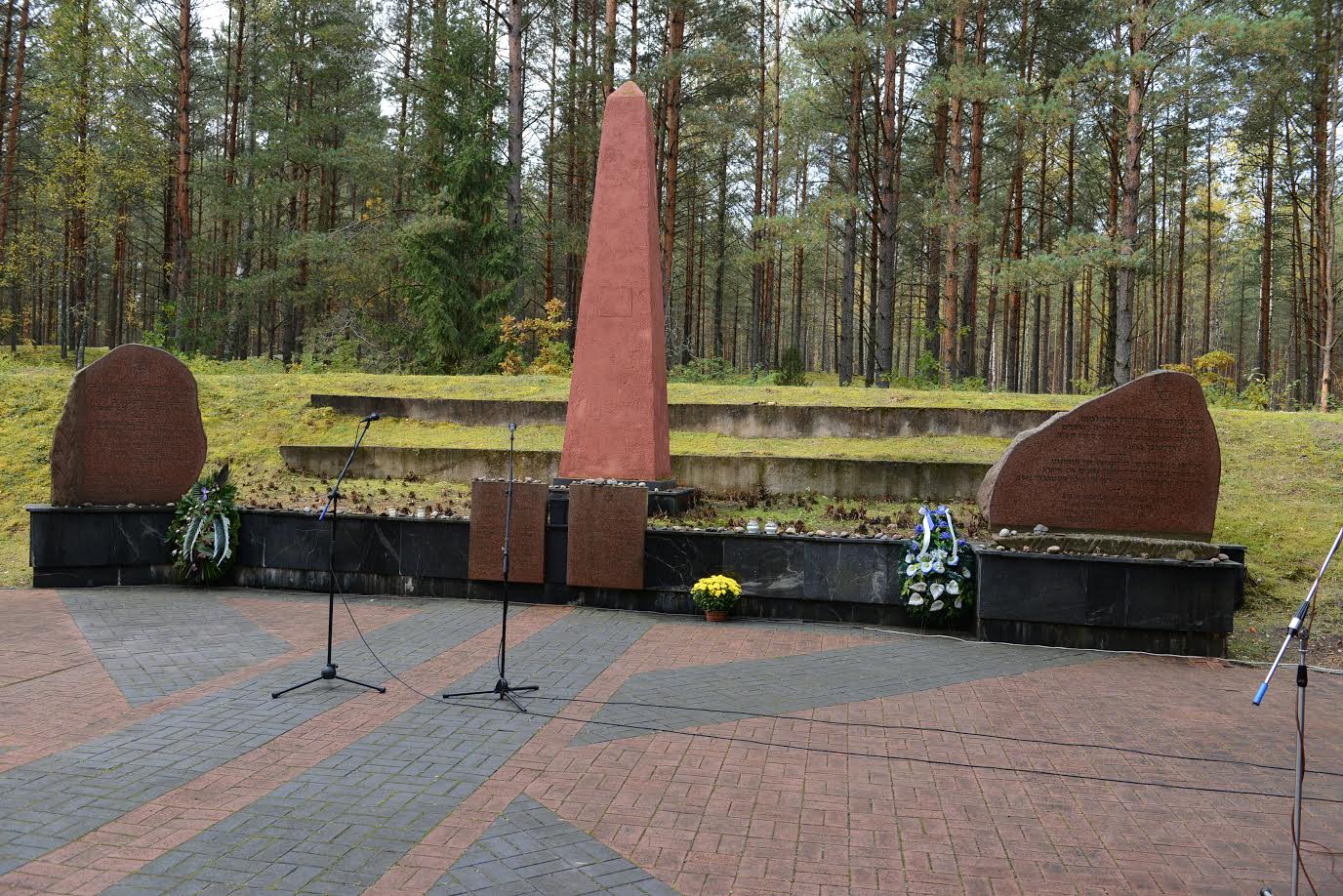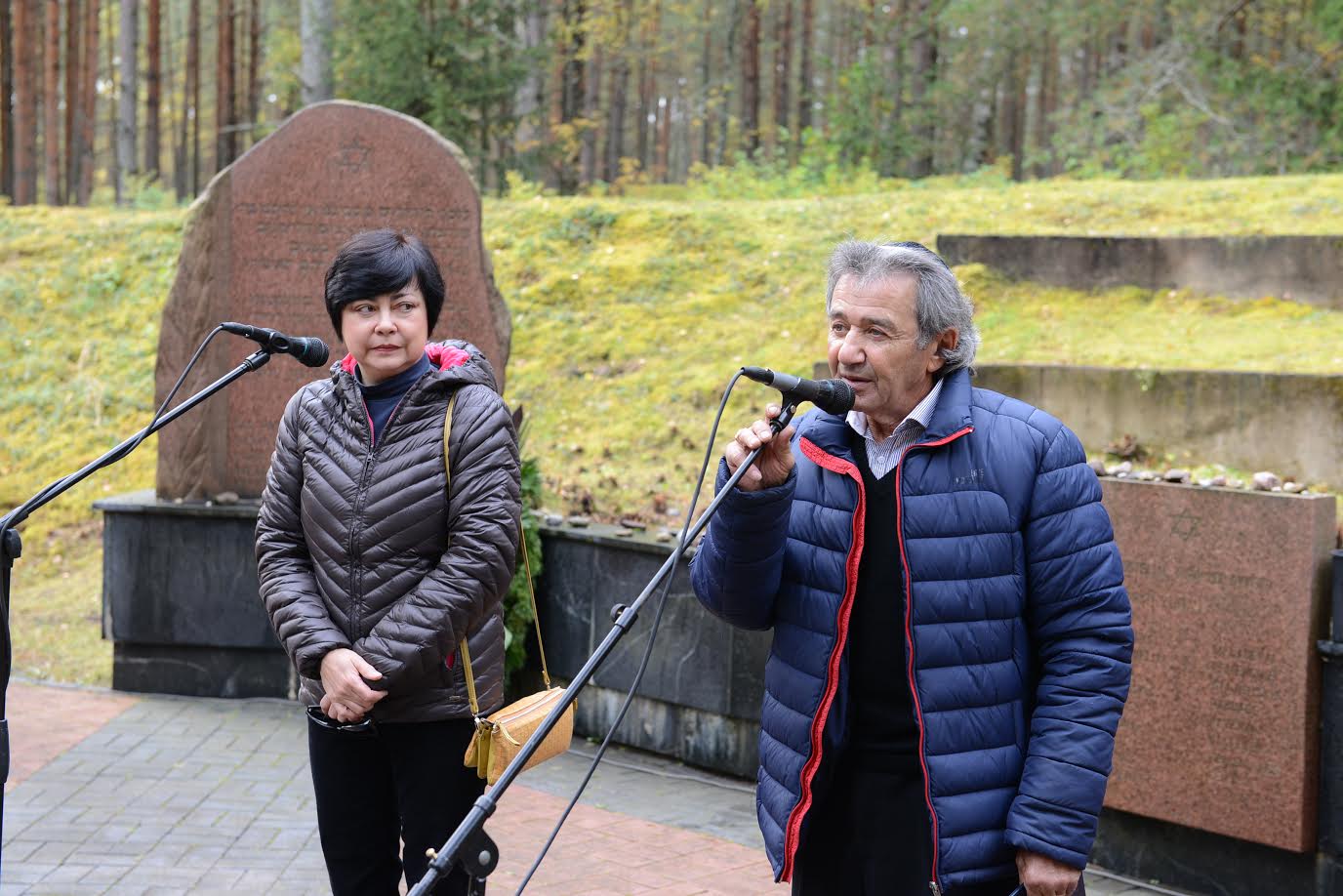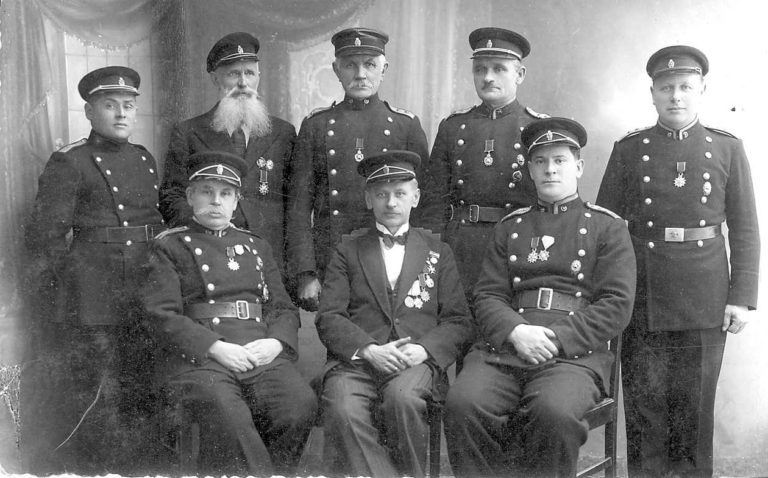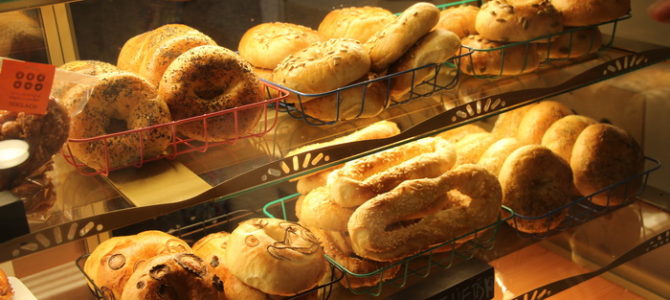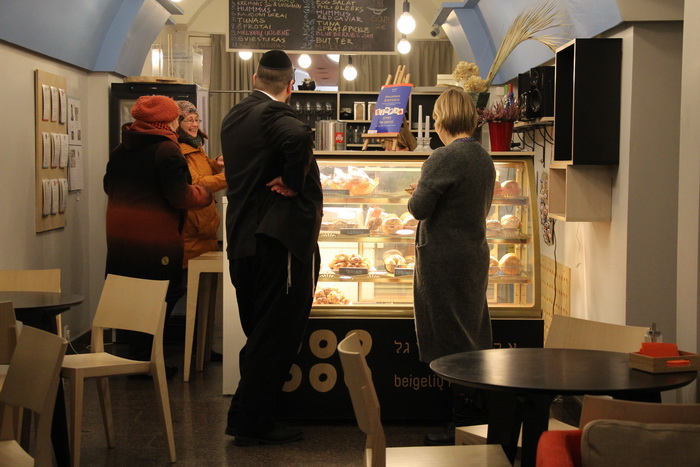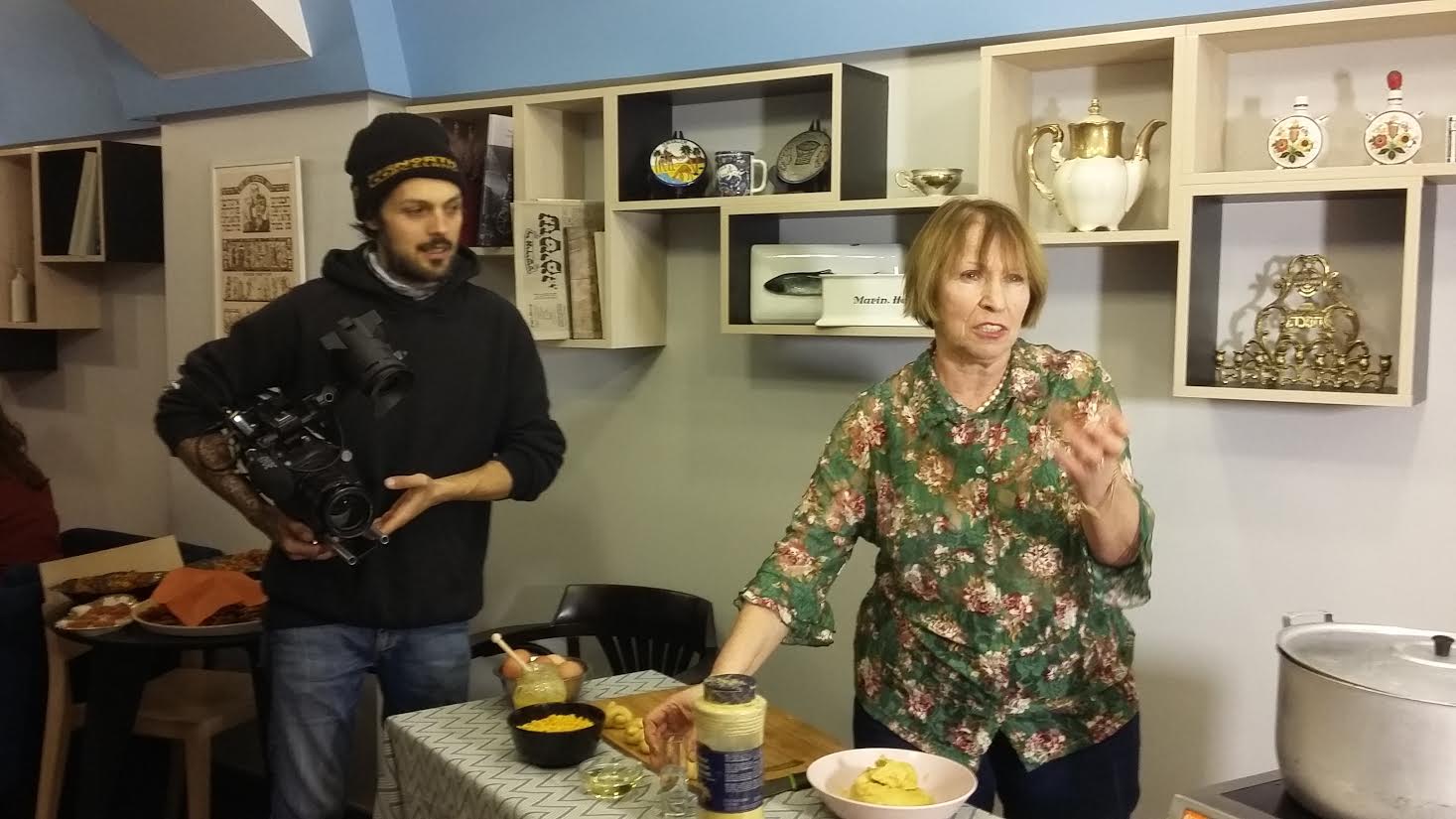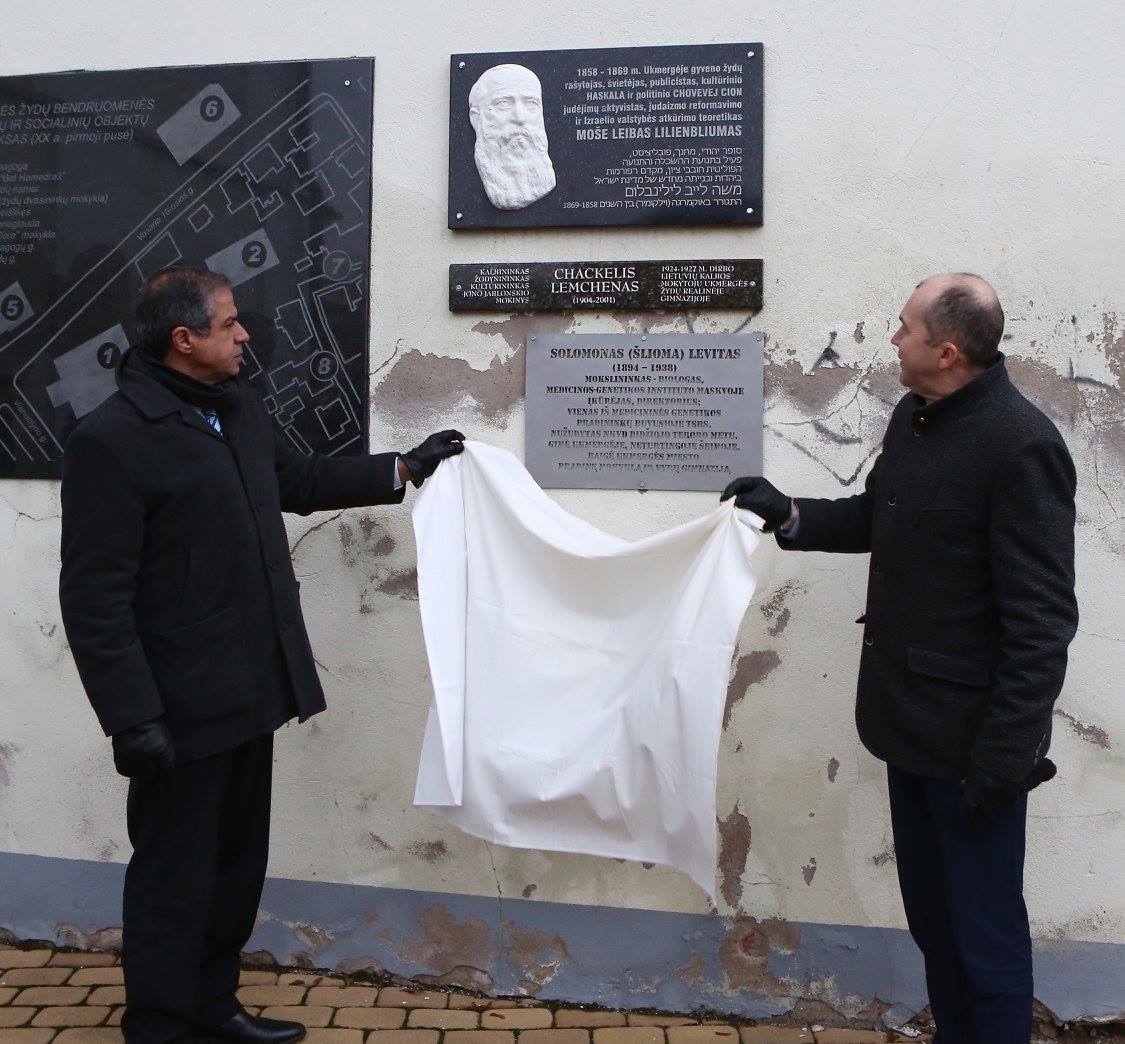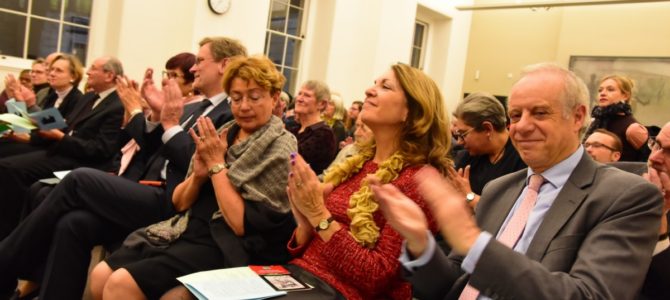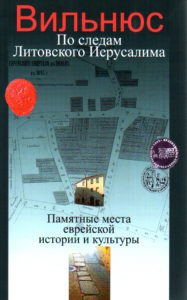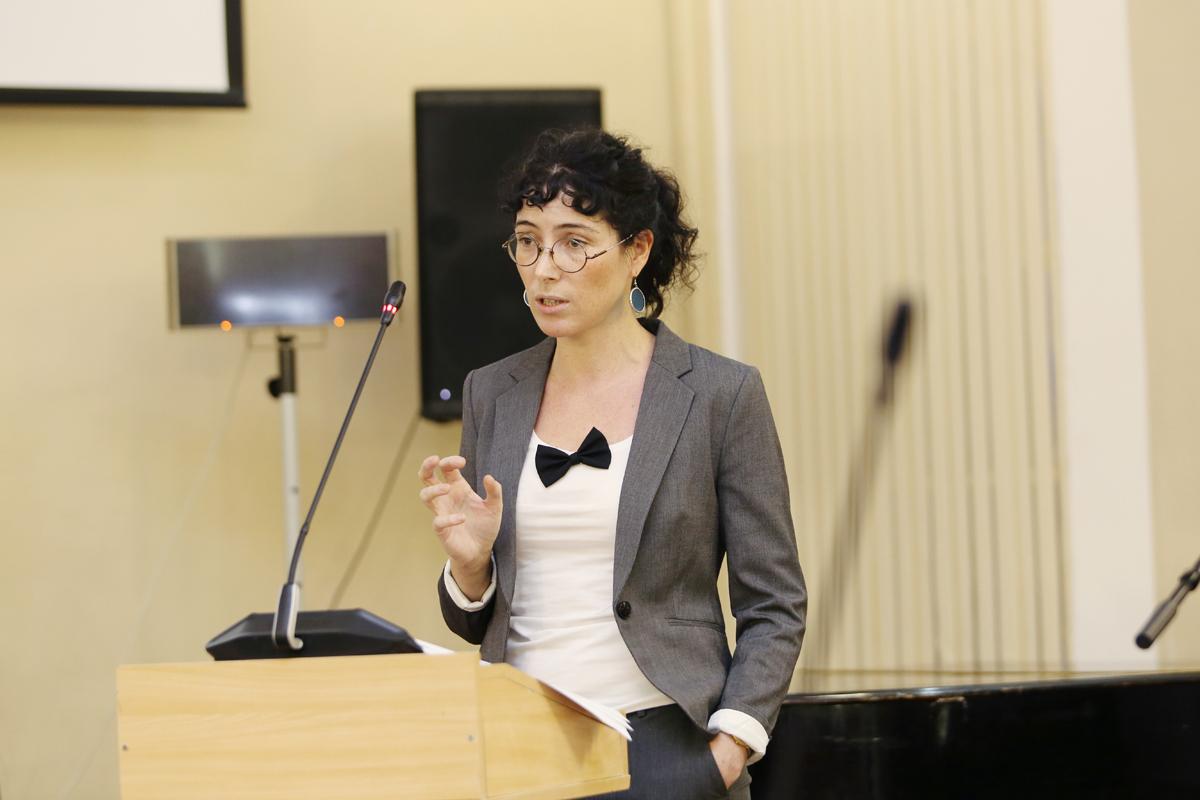
Frequent VYI summer course student Sonya Yampolskaya at her doctoral defense in Russia
Frequent student at the Yiddish summer courses at Vilnius University Sonya Yampolskaya has successfully defended her doctoral dissertation casting serious doubt on the alleged morbidity and revival of the Hebrew language.
If Hebrew were a “dead language” before its revival as the official language of Israel, as is commonly accepted, then why was it being used by Russian Jews who were even opening new Hebrew newspapers right into the 20th century?
The first chapter of Yampolskaya’s dissertation at St. Petersburg State University details both the genesis of the myth of the death of Hebrew and its alleged “resurrection” by Ben-Yehuda, and a discussion of the concepts of “dead” and “alive” as they are used in different scientific paradigms, and especially their usage in linguistics and biology. The first chapter also explores developments within Ashkenazic Hebrew in the 19th and 20th centuries. Chapters Two and Three get down to the nitty-gritty, detailing the process of lexical borrowings into Ashkenazic and what is called the T-V (tu, vous) distinction in linguistics to demonstrate both innovations and the loss of traditional forms in the language in the 19th and 20th centuries.
Yampolskaya says Ashkenazic did undergo a kind of extinction in public use in the Soviet Union ca. 1925-1926, but that its rapid development from the 1850s to the 1920s resulted in publications in Latvia, Lithuania, Bessarabia (Moldova), Poland and the Ukraine besides Russia, whose output of text vastly outweighed Hebrew-language publications from Palestine, the Americas and Western Europe. The way words were borrowed from foreign languages carried over into the method used in modern Israeli Hebrew, Yampolskaya found. The idea Hebrew was a dead language, as might be said of Latin and classical Greek, found proponents in the Yiddish side of the battle between Hebrew and Yiddish for the soul of the Jewish people. Yampolskaya also notes the seemingly Christian symbolism ironically involved in the semi-official myth of Hebrew’s death and resurrection by the State of Israel ca. 1948 following 2,000 years of its alleged morbidity. Besides the use of Ashkenazic Hebrew in “high register” venues such as religious books and its “mid-level” use in the periodical press, Yampolskaya discusses its use as an everyday language among Russia’s Jews.
Yampolskaya’s dissertation at the Oriental Studies department of St. Petersburg State University is the first one in 50 years on Hebrew.
Dissertation in Russian with extensive English translation available here.
Photos and details of the doctoral defense in Russian here.



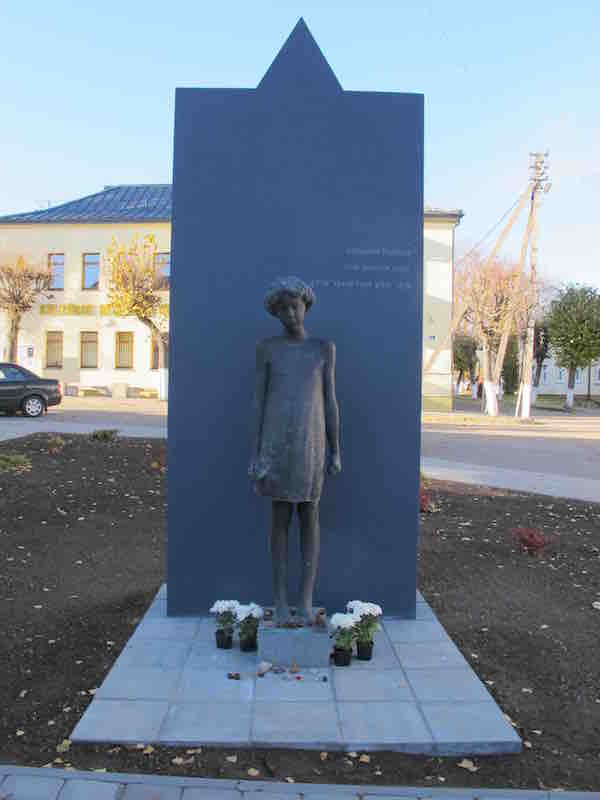
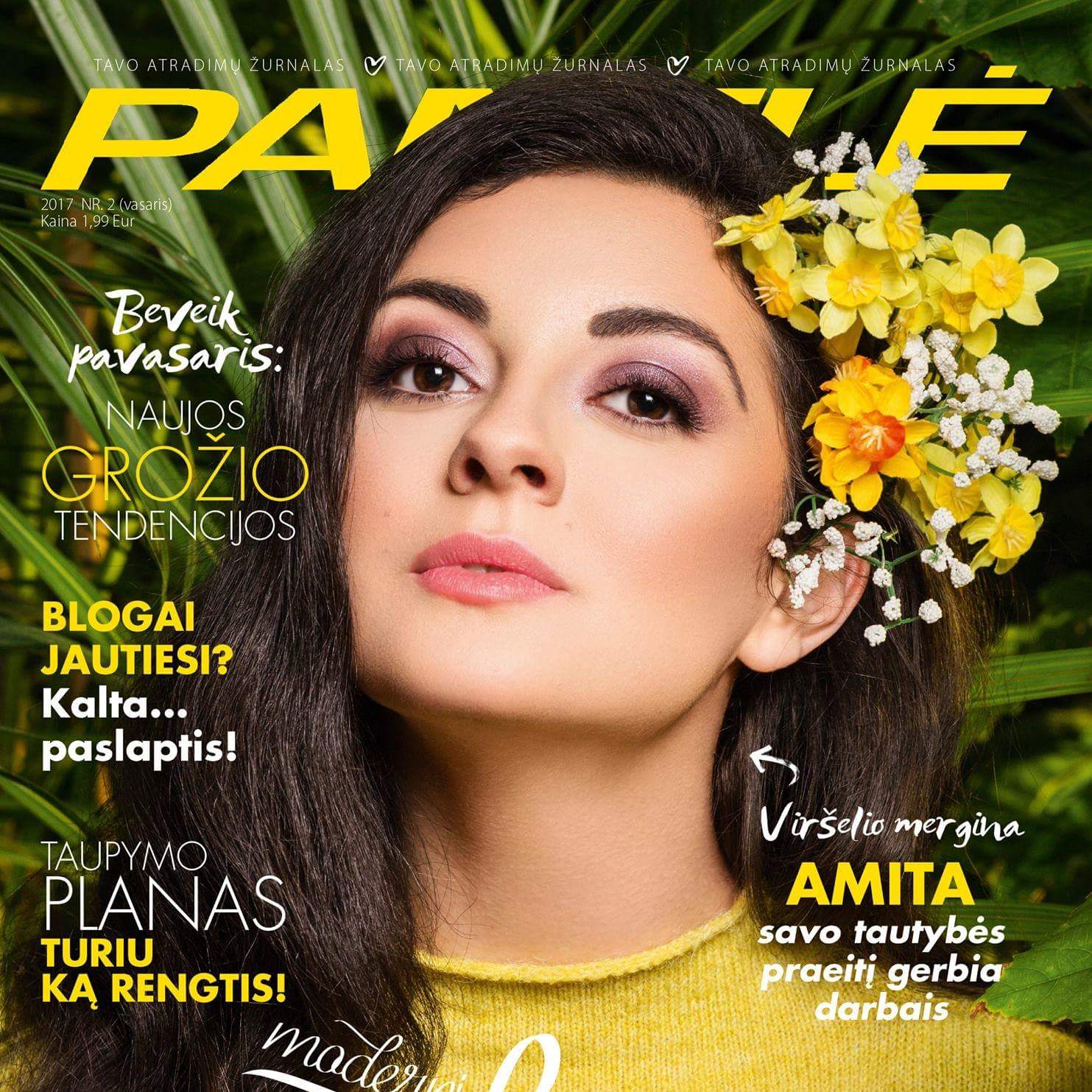 A popular magazine for young Lithuanian women has featured Amit Belaitė, the head of the Lithuanian Union of Jewish Students, on its February cover, with a long interview with her and a series of fashion photographs inside.
A popular magazine for young Lithuanian women has featured Amit Belaitė, the head of the Lithuanian Union of Jewish Students, on its February cover, with a long interview with her and a series of fashion photographs inside.
